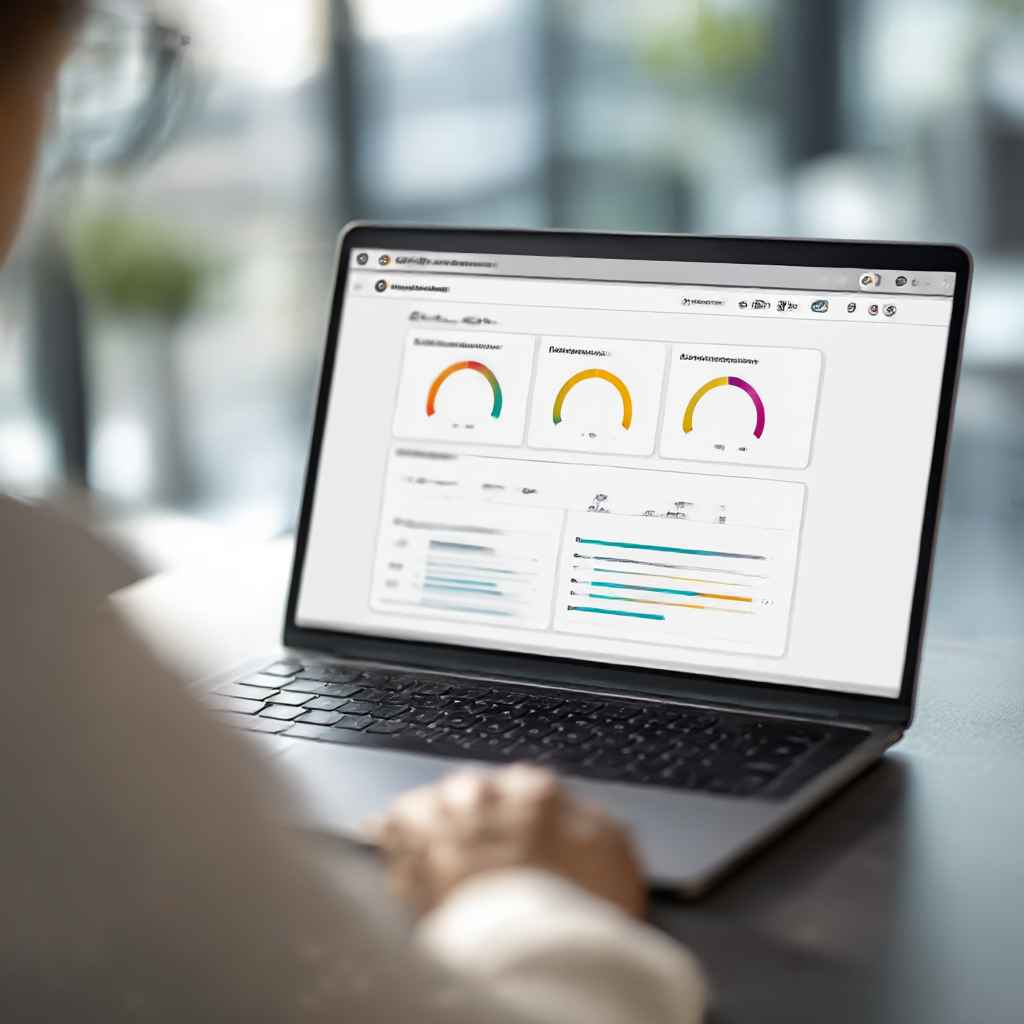Content
Let’s be honest—skills can get someone hired, but it’s integrity that keeps them. We’ve all seen it: the candidate with the perfect resume who turns into a walking HR headache. They miss deadlines, shift blame, take shortcuts, or worse—cause cultural damage that lingers. That’s why, in today’s workplace, an integrity and work ethics test isn’t just nice to have—it’s non-negotiable.
Whether you’re hiring retail staff, administrators, or managers, you need people who show up with honesty, accountability, and a genuine desire to do the right thing. And no, those qualities don’t always reveal themselves in interviews or references alone.
In this blog, we’ll explore why integrity testing is so important, how these assessments work, and how you can use them to protect your team and your brand.
What Is an Integrity and Work Ethics Test?
An integrity and work ethics test is a pre-employment assessment that evaluates a candidate’s likelihood of behaving honestly, reliably, and responsibly in a work environment.
Unlike skill tests that show what a candidate can do, these assessments show how they’re likely to behave when pressure hits or no one’s watching.
Key Traits Assessed:
| Trait | Why It Matters |
| Integrity | Reduces the risk of theft, fraud, dishonesty |
| Accountability | Encourages ownership and trust within teams |
| Work Ethic | Reveals how reliable and committed someone is |
| Team Orientation | Helps protect morale and collaboration |
| Rule-Following | Supports safety, compliance, and consistency |
These assessments are especially powerful when used early in the hiring funnel—before issues even have a chance to enter the workplace.
Why Ignoring Integrity Testing Is a Hiring Risk

Skipping integrity testing is like ignoring the check engine light on your car. Everything might look fine—until it’s not.
Here’s what can happen when you hire without evaluating integrity:
- Chronic absenteeism and excuses
- Blame-shifting when mistakes happen
- Ethical blind spots that lead to legal or reputational risk
- Negative attitudes that spread toxicity
- Loss of trust among teams
In fact, many employers report that their most painful hires weren’t due to lack of skill—but due to a lack of honesty or accountability. That’s echoed across multiple cluster posts, like How to Test Integrity in Interviews and Personality-Based Integrity Tests: How They Work.
How Integrity and Ethics Tests Actually Work
These assessments don’t ask trick questions. They ask thoughtful, research-backed ones—designed to uncover ethical tendencies and responsibility under pressure.
They typically include:
| Question Type | Example |
| Overt | “Have you ever taken something from work without permission?” |
| Situational | “If a coworker violates a policy but has good intentions, what would you do?” |
| Personality-Based | “I always finish tasks, even when unsupervised.” (Agree/Disagree) |
Many modern assessments—like those used in our Integrity Assessment Questionnaire for Pre-Employment Screening—blend these types to provide a well-rounded view of each candidate.
Our Go-To Recommendation: The Positivity & Integrity Assessment Test

If you’re looking for a tool that combines speed, reliability, and behavioral insight, the Positivity & Integrity Assessment Test is hard to beat.
It gives you a high-level read on candidate trustworthiness, positivity, and accountability in just 10 minutes.
Quick Overview:
| Detail | Value |
| Test Type | Personality & Behavioral |
| Duration | ~10 minutes |
| Questions | 10 (situational + behavioral) |
| Languages | English, Spanish |
| Best For | Customer service, admin, leadership, and frontline roles |
| Result Format | Instant, easy-to-read reports |
What It Measures:
- Integrity – Honesty, rule-following, and accountability
- Positivity – Attitude, optimism, and teamwork
- Responsibility – Ownership, initiative, and problem-solving
And yes—it’s scalable. Whether you’re screening 5 or 500 candidates, the platform handles it with ease.
👉 Book a demo to try it for free
When Should You Use These Tests?
The earlier, the better.
Ideal Timing:
- After resume screening but before interviews
- During pre-hire assessments for high-turnover roles
- For leadership roles where trust is mission-critical
- Anytime you want to avoid post-hire surprises
Pairing integrity testing with other structured tools (like reference checks or interviews) significantly increases your odds of hiring someone who will elevate—rather than drain—your team.
As discussed in Pre-Employment Integrity Tests: What Employers Need to Know, structured screening = smarter hiring.
Why Integrity Is Your Competitive Advantage

When your hiring process filters for honesty and accountability, here’s what changes:
| Outcome | Impact |
| Lower Turnover | People who value ethics stay longer |
| Stronger Teams | Accountability fosters collaboration |
| Fewer Incidents | Less conflict, drama, or compliance risk |
| Better Culture | Trust becomes a norm, not a struggle |
| Faster Decisions | You know who fits—before the interview |
If you’re hiring at scale or dealing with public-facing roles, check out Top Integrity Assessment Tools for Hiring Teams to see what options best fit your workflow.
Related Reads That Deepen This Topic
To build a full integrity-first hiring system, you may also want to read:
- What Is an Overt Integrity Test and How You Can Use It as an Employer
- Personality-Based Integrity Tests: How They Work
- Sample Integrity Test Questions Employers Can Use
- What Is an Integrity Test and Why It Matters in Hiring
- Supply Chain Integrity Assessment: A Guide for Procurement and HR Leaders
FAQs About Integrity and Work Ethics Tests
1. Can integrity and ethics really be tested?
Yes. While no test is perfect, scientifically validated assessments can accurately predict behaviors like accountability, honesty, and rule-following.
2. Do candidates know they’re being evaluated on ethics?
Depends on the test. Overt tests make it clear. Personality-based tools are more subtle—but just as powerful.
3. How do I know if the results are accurate?
Look for tools that are backed by I-O psychology and include reliability and validity metrics. Our Positivity & Integrity Test checks all those boxes.
4. What if someone “fails” the test?
Use the results as a conversation starter. A poor score doesn’t always mean disqualification—but it should trigger deeper questions in the interview.
5. Can this replace interviews or reference checks?
Not at all. These tests are most effective when used with other tools. Together, they give you a 360° view of who you’re hiring.
Final Thoughts: Integrity Shouldn’t Be Assumed—It Should Be Assessed
Hiring is about more than just qualifications. It’s about choosing people who make your team better—people you can rely on when things get tough.
And that’s exactly why integrity and work ethics tests matter.
They help you go beyond gut feeling and hire with confidence—knowing you’ve screened for honesty, accountability, and a positive contribution to your culture.
If you’re ready to build a more reliable workforce, try the Integrity & Attitude Test today.
👉 Book a free demo and see how it fits into your hiring process.
